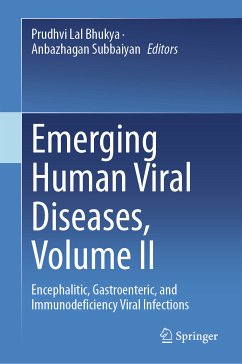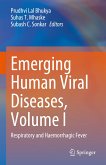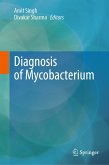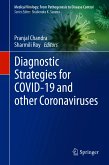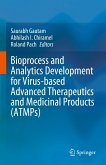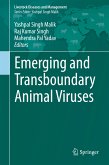The second volume of the book Emerging Human Viral Diseases discusses pathogenesis, diagnostics, and therapeutic strategies against viral encephalitis, gastroenteritis, and human immunodeficiency viral infections. The chapters discuss symptoms, diagnostics, and preventive strategies against viral infections. The book also reviews the epidemiology and evolution of viruses causing these infections. It also examines symptoms and strategies for developing novel diagnostics and the vaccine against these viruses. Toward the end, it discusses various biosafety principles for handling emerging viruses and reviews various bioinformatics tools and databases in virology research. This timely book offers valuable resource for the scientists working in the field of emerging viral infections and those involved in preventing, controlling, and managing viral diseases.
Inclusively this book will be valuable guide covering most recent scientific progress in emerging human viral diseases and management and will serve as the best resource for undergraduates, graduates, medical professionals, researchers, public health physicians, and national and international health authorities.
Dieser Download kann aus rechtlichen Gründen nur mit Rechnungsadresse in A, B, BG, CY, CZ, D, DK, EW, E, FIN, F, GR, HR, H, IRL, I, LT, L, LR, M, NL, PL, P, R, S, SLO, SK ausgeliefert werden.

